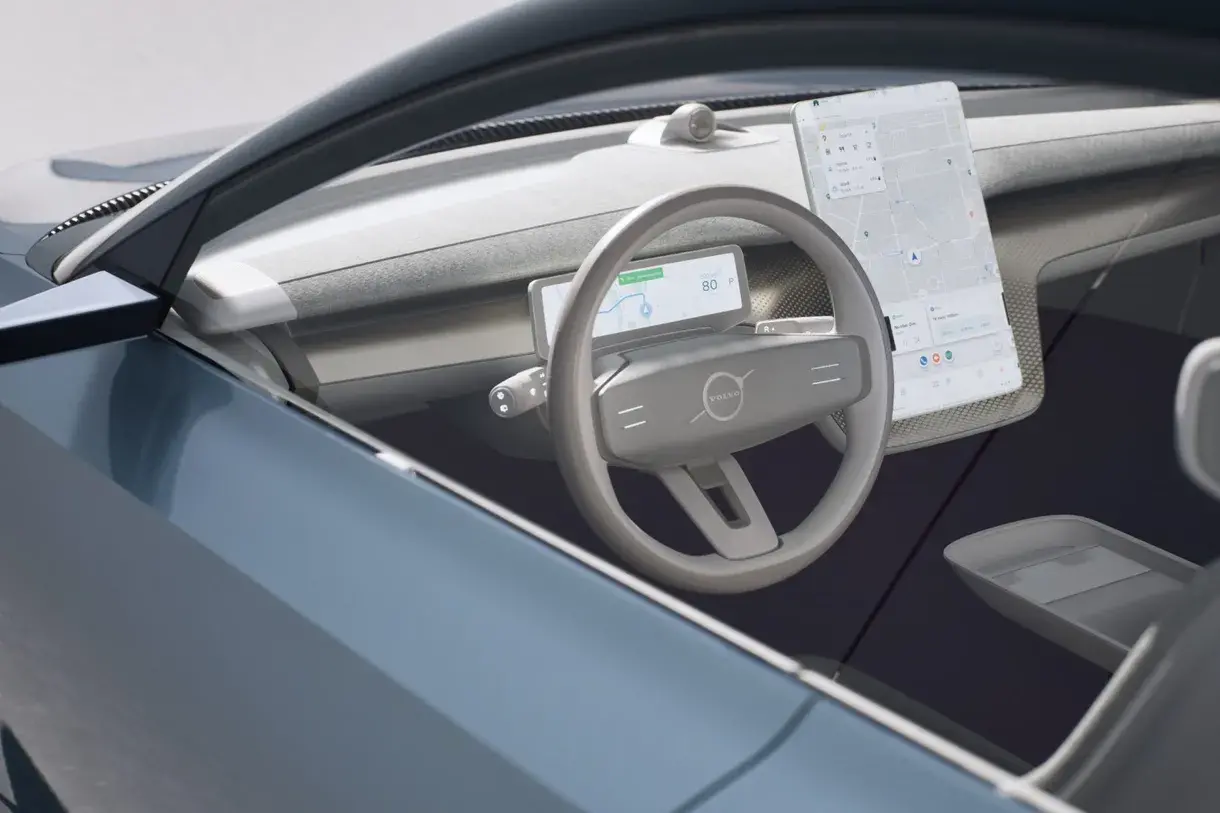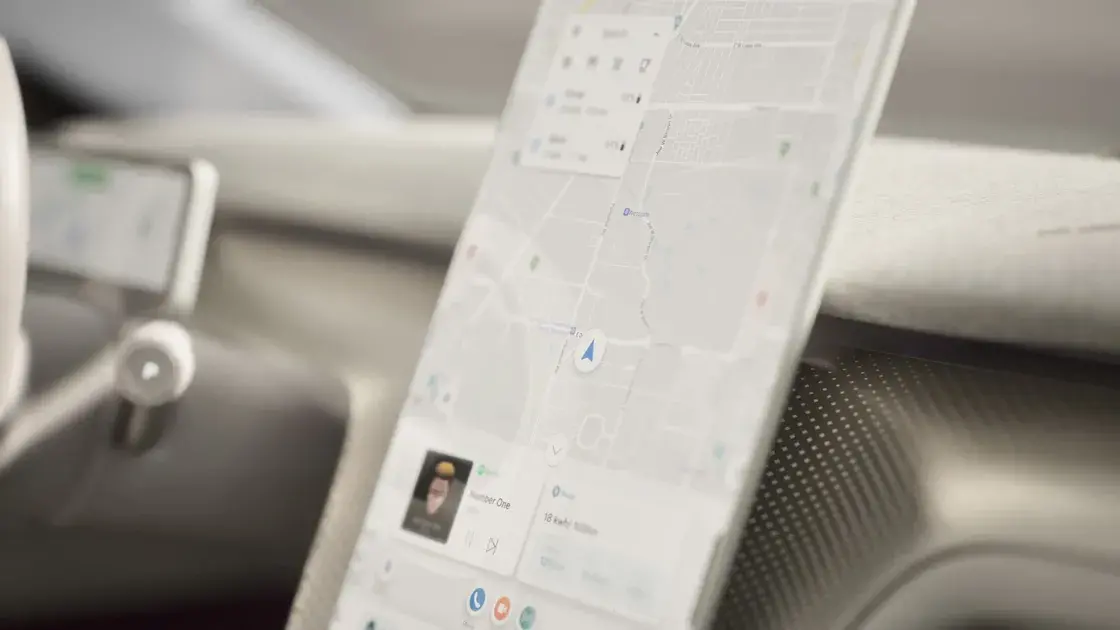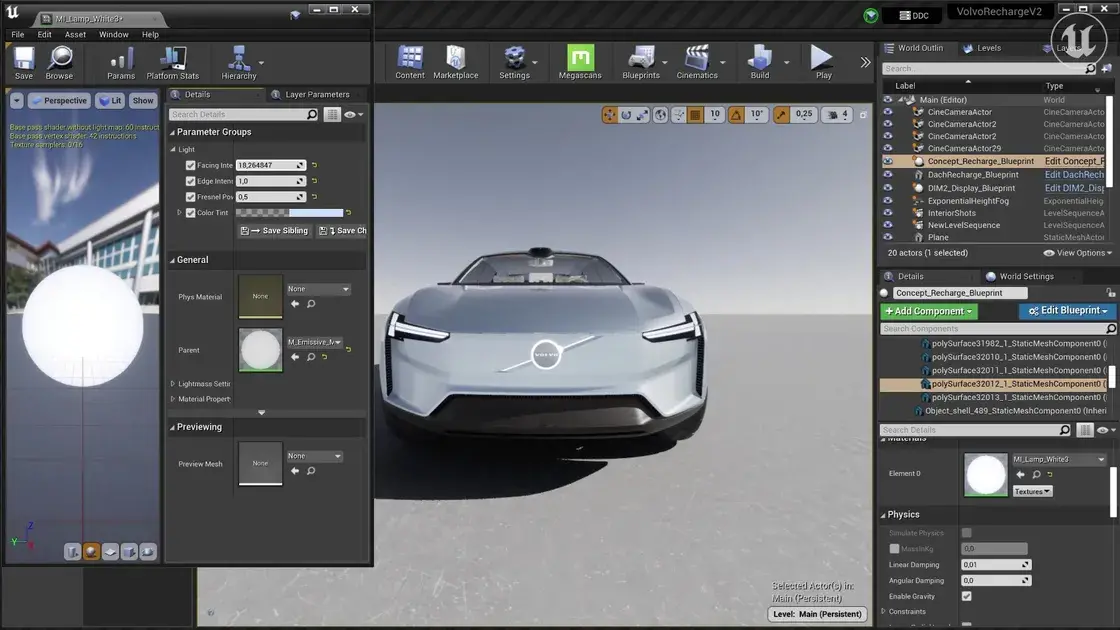Volvo announced today that it will cooperate with Epic Games, the developer of Fortress night, to introduce "realistic visualization" into the next generation of electric vehicles using the latter's unreal engine technology The key to the cooperation between the two sides is the "human machine interface" (HMI), that is, the interaction mode between the owner and the car.

Volvo said that epic will help build a new platform, and Volvo engineers can design systems and improve HMI on this platform, all of which are carried out on the premise of driving and riding safety.

Thomas stovicek, Volvo user experience director, said: "this technology enables us to create responsive, truly high-quality visual effects. We can use these visual effects to layer information and create realistic visual presentation when needed. This is the next generation of human-computer interface we hope to create for customers.".
Stovicek said that security will be a core aspect of bilateral cooperation. Over the years, the company has built its reputation in safety design, and today's announcement is to emphasize this. Ideally, Volvo hopes to use the unreal engine to present the driver with the external sensors of the vehicle, such as the camera, radar, and the laser radar in the near future, instead of "overwhelming", he said, "this may be difficult to deal with."

Stovicek said that due to the cooperation with epic gamers, other information, such as navigation and battery life, as well as the presentation of such information, such as light, color and motion graphics, will be improved.
The illusion engine is the main tool for epic to create realistic 3D graphics. It was first shown in the first person shooting game "illusion" in 1998. Since then, it has been used in various types of games and adopted by other industries, most notably the film and television industries.